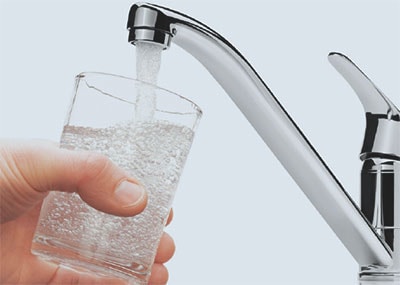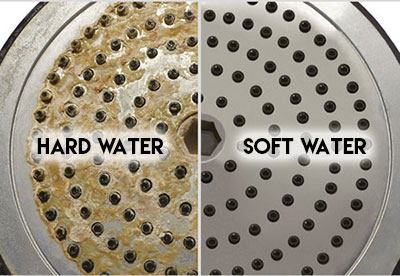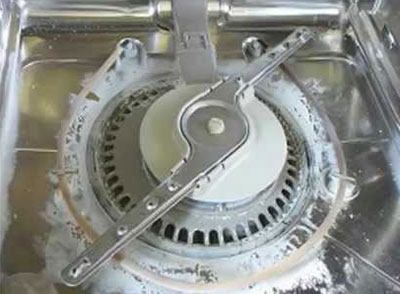Telling apart soft and hard water can sometimes be a daunting task. In fact, we only come to realize after noticing something odd. Maybe your clothes are not getting clean as they should, and there is a sneaking suspicion that tap water could be the problem. The type of water available in the new home is one of the crucial info that many people ignore while buying. You only come to notice too late after moving. Hard water is a real problem in several parts of Australia including Brisbane, and you can’t imagine the damage it can cause.
What is Hard Water

1. Spotty Dishes
This is mostly the first thing that many people notice. It is very difficult to rinse away soap and detergent after washing. Whether you’re using a dishwasher or hand-washing, this is always a problem. Traces of soap will be seen on the dishes no matter how hard you rinse them. If you see chalky streak or spots on your dishes, know that you have hard water.
2. Laundry problems
If you have difficulties with rinsing laundry detergent out of your clothes, the chances are that you have a hard water supply. You may also find that clothes are not getting clean as they should. The problem could be the rocky relationship between the soap and minerals such as magnesium and calcium. Remember that soaps work by washing away grime and dirt, but when it doesn’t get rinsed off, it means that your clothes will never get clean. Actually, hard water it increases the build-up of dirt. So, if your clothes appear dingy, dull and wear out fast, it is an indication that you have hard water.
3. Dry/Irritating Skin
Irritation happens after washing clothes by hand. Because hard water will leave soap behind, it causes the user’s to skin to get dry and itchy. The deposits of the soaps left can also suck moisture out of the skin leaving it dry. It’s also possible to suffer for adults to suffer from eczema after continuously bathing in hard water. So if your skin feels itchy or dry after laundry, it is possible that your home is being supplied with hard water.
4. Strange Stains

5. Funny Water Taste or Smell
If you drink tap water and you noticed a strange odour or taste, chances are you have hard water if it’s not a bacterial contamination. The most common are the metallic taste which is probably an indication of the high count of iron. The rusting of the metallic pipes as a result of corrosion from such water could be another reason for the strange taste. If you smell rotten eggs, probably its a reaction of magnesium with bacterial or hydrogen gas to form sulphate compounds. All these are indications that you have a hard water supply.
6. Clogged Pipes
Hard water is notorious for clogging pipes. If you have steel plumbing system, hard water will make it very difficult to have an efficient piping system. The presence of the corrosive minerals such as iron in the water leads to clogged pipes. As the inside of the metal pipe gets corroded, the scales will provide the perfect traps for particles such grease, hair, food and the rest. The build-up of such particles will at one point lead to clogging. So if you have a steel piping system and you are experiencing clogging now and then, maybe you have a hard water supply. One tip we will give in this respect is to avoid using drain cleaner chemicals – learn why here.
7. Troublesome shower
If you think it’s your bathing soaps that are making it difficult to have a nice bath, then you could be wrong. The problem could be the type of water that you are using. As mentioned above, minerals in the hard water make it very difficult for the soap to work efficiently. They make it hard to get a good lather that is necessary for a nice bathe. This water could also be the reason why you cannot wash all the soap off your body. It looks horrible when films of soap are left on your skin.
8. Appliances Wearing Out Quickly

9. Soap Scum
Just as soap clings on your laundry and dishes, it will also stick on your shower curtains, your tub, and the tiles. If you find a quick build-up of soap scum in such areas, there is a high probability that you have hard water in supply.
10. High energy bill
If you have been paying high bill compared to your previous home yet you have not added any appliance, may be you are being supplied with hard water. A good example is water heater which used more energy to heat this water. Dishwashers and washing machines will require more energy to rinse the soap out of dishes and clothes respectively. This is how your energy bills spiked up.
These are the main signs that can tell you if you have hard water. But this does not alarm for moving to new place. You can employ water softening solutions to mitigate this problem. Installing a water softener in your home would be the perfect solution. Take action immediately or things will progress to a much serious plumbing maintenance issue.



